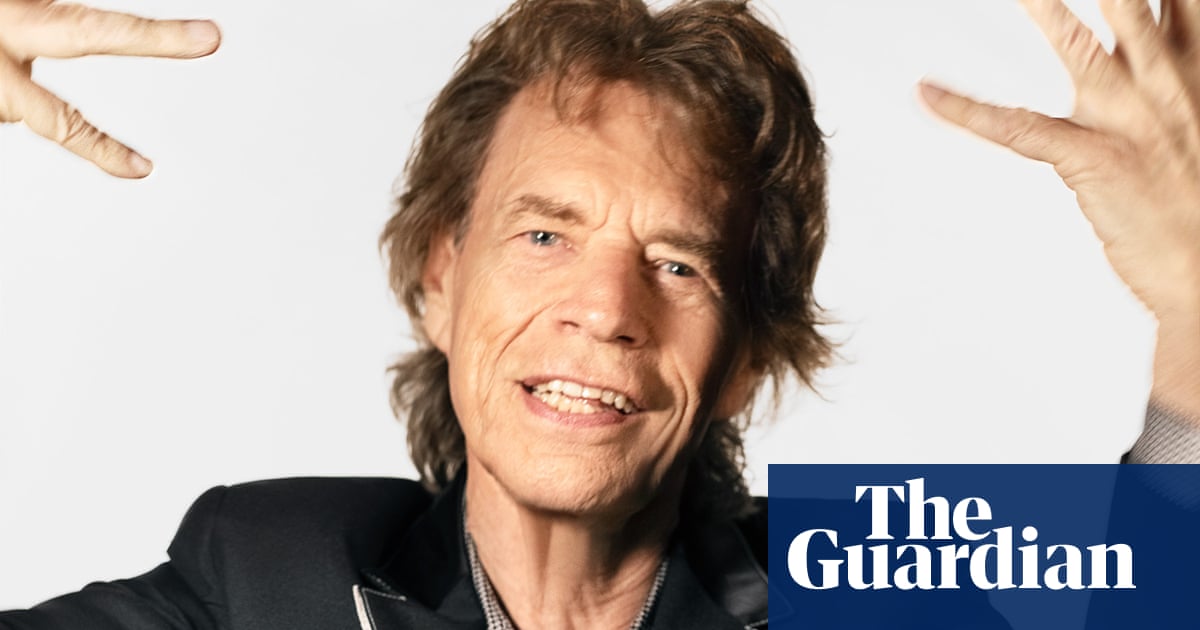
f real life was like social media, it would look like The Good Place,” says standup Athena Kugblenu, referring to the sitcom about an afterlife so airbrushed and virtuous it is too good to be true. “If people say they’ve never said anything politically incorrect to friends or to family, they’re lying!”
An early adopter to social media, Kugblenu has “around 50,000” tweets and countless blog entries stretching back to 2009 – a small library of incisive, amusing takes on everything from sports to politics and identity. “I’m Team Markle,” she jokes, “but there’s nuance to everything.”
In a new BBC Radio 4 series, Athena’s Cancel Culture, Kugblenu is now bringing nuance and levity to the most polarising of internet subjects and she doesn’t shy away from controversy. With storytelling, standup and playful sketches, she mocks the PC-gone-mad narrative, while also poking fun at a culture that prioritises conflict over debate.
One sketch is a government public information film that warns people to “stay alert” to the threat of cancel culture. Another segment considers celebrities who have been “cancelled” for similar reasons, such as JK Rowling and Dave Chappelle for their comments on trans people, compares the (lack of) consequences and tries to find some logic: “The more you get cancelled, the more immune you are to cancellation.”
The show works as a commentary on the tedious daily social media battles that further lodge people into unproductive, polarised debate. But beneath the mockery, Kugblenu has more sincere ambitions: to make sense of offence, a notoriously hard-to-define but divisive subject. “Instead of what people think, let’s talk about what it is,” says Kugblenu. “Let’s park the opinions and peel back the lid.” Episode three, for example, sees her looking at the history of offence for clues.
Kugblenu hopes her series will hold up a mirror to our collective behaviour: “A lot of things that people do incorrectly on social media or in real life are a reflection of all of us,” she says. If we could see some mistakes as the effects of conditioning in a prejudiced society, she believes, we could begin to “rewire” attitudes. She makes an important distinction between speaking from “a lack of knowledge” and “hateful” remarks, but she hopes to create more space for people to learn and change. “Most of the time we don’t give people the opportunity to be educated and exhibit growth.” It’s a sensitive and sensible argument, but one that can feel quietly radical in a climate where empathy is rare and context is largely overlooked.
In some of the most compelling segments, Kugblenu uses her own past behaviour to make her case. She digs through her mountain of tweets and unearths the most “problematic” ones. She recounts a story from her time as a project manager when, she says: “I used email like it was WhatsApp group chat.” It resulted in a hearing to review boxes’ worth of emails with her employers, a prospect many listeners will find entertaining and terrifying in equal measure.
If comedy is about engaging with cultural faultlines, Kugblenu digs into the molten rock to make her case. “I wanted to find those things because … ” She corrects herself: “Well, I wanted to go through and find nothing. But I wanted to practise what I preach.” It works because, as she acknowledges, this is her field. She’s fluent in the rapidly changing conventions around language and is a history and cultural studies graduate. “If I can go through my account and find things that are inappropriate, what are we gonna expect from people who haven’t had my education or life experience?”
Unlike her previous Radio 4 appearance on Bameshow, the comedy in Athena’s Cancel Culture isn’t led by her identity (Kugblenu describes herself as mixed race – half Indo-Guyanese and half Ghanaian). But she agrees, it’s relevant: “If Laurence Fox was gonna go through his problematic tweets on Radio 4, that’d be the least funny show ever.” She’s able to talk about these issues with a certain amount of sensitivity. Looking at her old tweets was funny because “I wasn’t speaking with hatred”, she says, “I was speaking without discipline.”
This is also the line that the standup draws when it comes to the ongoing clash of comedy and censorship. “It’s making us all very boring,” she says. “It’s the same circular conversation.” For Kugblenu, it’s simple. The first rule: “Punching up – good, punching down – bad.”Secondly, be original: “The more sensitive the topic, the funnier the joke’s gotta be.” Of course, “up” and “down” aren’t always neatly defined, and the debate may carry on for some time.
What’s one thing she’d like audiences to take away from the new show? A little more self-reflection. “At the moment the work people are doing is: oh, I’ll look at other people and tell them how bad they are,” she says. Instead, she offers a quote by Nelson Mandela: “I am not a saint, unless you think of a saint as a sinner who keeps on trying.”












